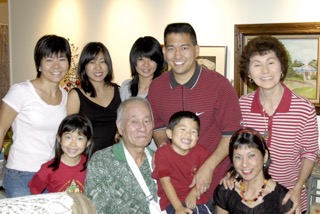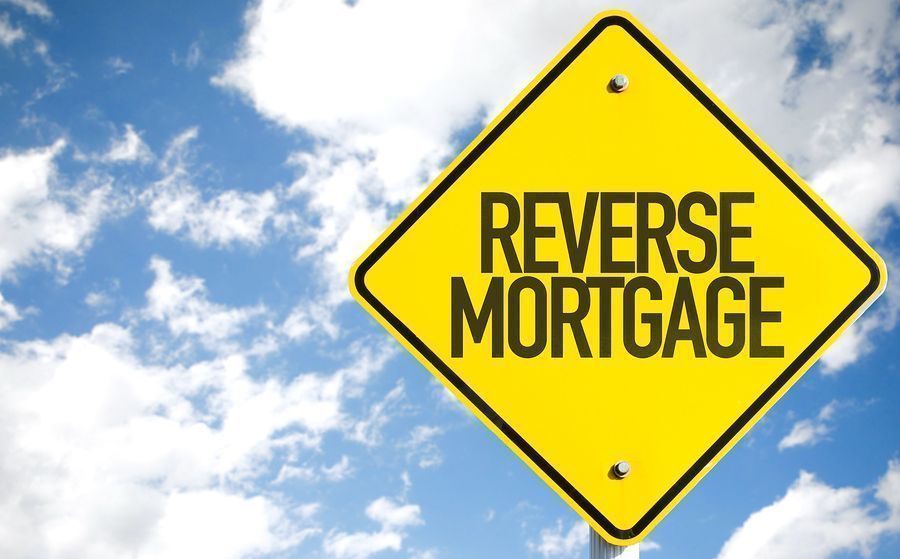That’s what I said to a concerned friend who suggested I look into a reverse mortgage for my parents. She had heard that I was looking for a way to finance in-home health care services for my mom and dad.
My parents suffered strokes a year apart from each other. They needed 24-hour care and were living in an adult residential care home in Aiea. My dad had his stroke during the same month he paid off his mortgage. I just couldn’t encumber the property with another mortgage – especially a scary one called a “reverse mortgage”.
 Of the four kids in our family, I was my parents’ power of attorney and successor trustee. After my mom’s stroke, I determined that selling their home would be the best way to pay for their long-term care expenses. Unfortunately, it also meant that my parents would never set foot in their home again.
Of the four kids in our family, I was my parents’ power of attorney and successor trustee. After my mom’s stroke, I determined that selling their home would be the best way to pay for their long-term care expenses. Unfortunately, it also meant that my parents would never set foot in their home again.
It was about that time that I also quit my teaching job. The stress made it difficult to function. During my time off from work, I went online and researched topics like long-term care, home care, care homes and nursing facilities, Medicare and Medicaid. I decided I’d look into reverse mortgages while I was at it.
I think it’s ironic that I’d return to the workforce three months later as a reverse mortgage specialist. My research showed me that a reverse mortgage – or Home Equity Conversion Mortgage – was not so scary after all. In fact, I learned that it was a unique financial tool that many senior homeowners were using to achieve their financial goals.
Basically, a reverse mortgage is a home equity loan for homeowners who are least 62. It allows them to convert a portion of their equity into cash for whatever purpose they determine. They can receive their funds in monthly distributions, a lump sum, or keep their funds in a line of credit for future use.
The feature homeowners find most attractive is not having to make a monthly mortgage payment as long as the home remains their primary residence. They must also keep property taxes, homeowners insurance, and HOA dues current. So instead of making a mortgage payment to the lender every month, a homeowner keeps the money thereby increasing their monthly cash flow by that amount. For many, having a reverse mortgage means having less financial stress and greater peace of mind.
If I had known about reverse mortgages sooner maybe my parents’ desire to stay in their home could have been a reality. While I can’t go back in time, I can move forward. Even though I’ve been in the industry for nearly a decade now it’s still my experience with my parents that makes me passionate about educating seniors, their children and their advisors about reverse mortgages. By focusing on education, I hope to show others that it’s a useful tool that shouldn’t be overlooked by any senior seeking their financial options – especially when it just might be the best option for them.
About the Author
 Wendy is a reverse mortgage professional born and raised in Honolulu, Hawaii. Her personal experience in caring for her parents after their strokes combined with 16 years as a math teacher are the reasons she is passionate about educating customers and their families. She is committed to providing her customers all the information they need to make well-informed decisions regarding reverse mortgages and how they are used in retirement.
Wendy is a reverse mortgage professional born and raised in Honolulu, Hawaii. Her personal experience in caring for her parents after their strokes combined with 16 years as a math teacher are the reasons she is passionate about educating customers and their families. She is committed to providing her customers all the information they need to make well-informed decisions regarding reverse mortgages and how they are used in retirement.Phone: 808-596-9819
Email: [email protected]


